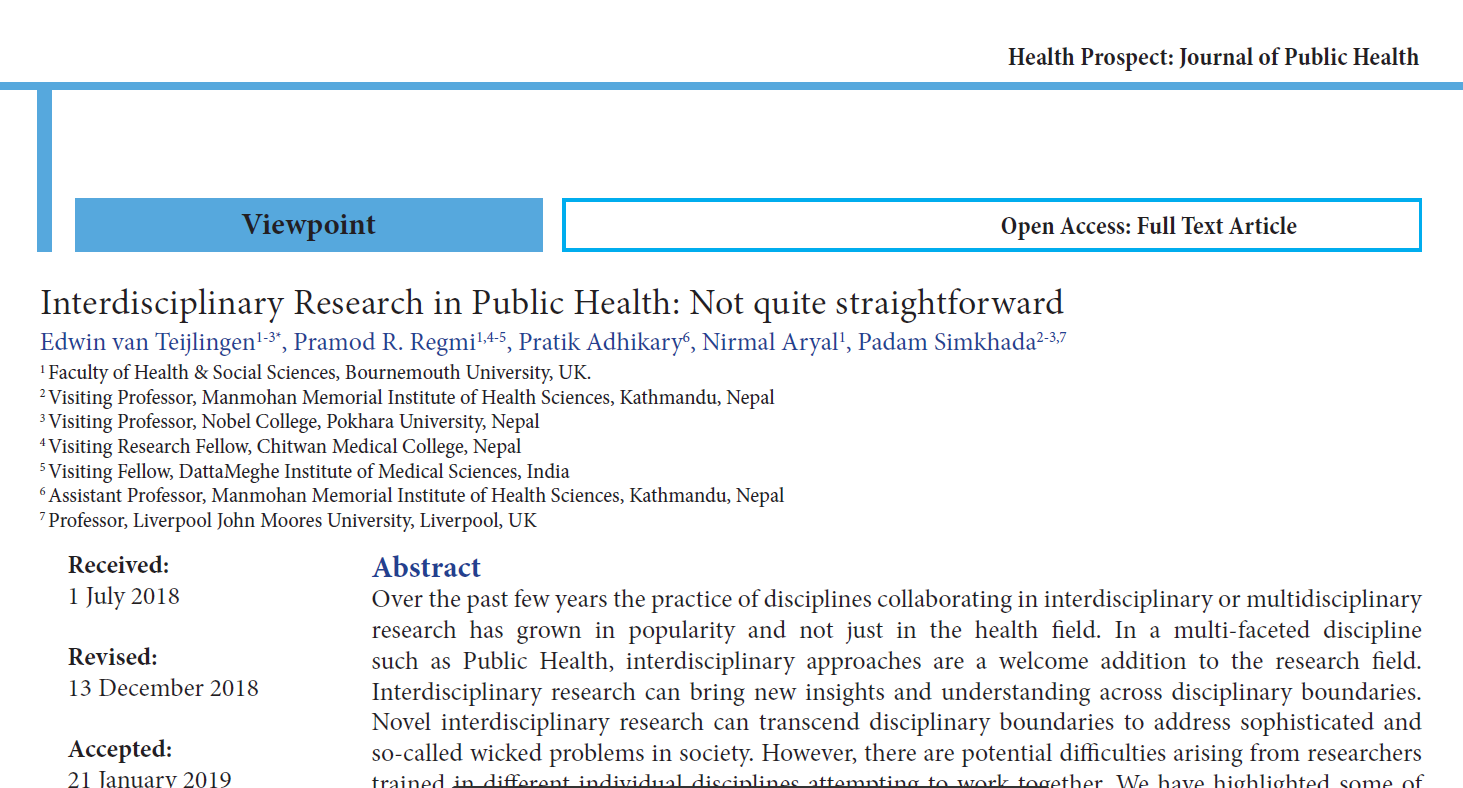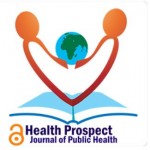The UK Local Information Pack
A ‘UK Local Information Pack‘ will be introduced on the 5 June 2019 to support the set-up of NHS / HSC research in the UK.
The ‘UK Local Information Pack’ is the set of documents that NHS / HSC organisations use to formally start preparing to deliver the study. You can find more information here, including what comprises the pack. All researchers wishing to set-up their study at an NHS/HSC site from 5 June, will need to be aware of this change.
The Organisation Information Document
Researchers and research teams may be aware of a document called the ‘Statement of Activities’ – this is essentially a document that allows the sponsor to make clear to the research site, what activities will be undertaken locally. The document can also act as the agreement between the sponsor and site. Researchers setting up their study before 5 June should continue to use this document.
From 5 June the Statement of Activities will be replaced by a document called the ‘Organisation Information Document‘. For non-commercially sponsored studies, that are not clinical trials or clinical investigations, the ‘Organisation Information Document’ should be used as the agreement between sponsor and participating NHS / HSC organisation.
A new delegation log template
Another feature of the UK Local Information Pack is the inclusion of a delegation log template, which is intended to be used at participating NHS / HSC organisations. This will allow NHS/HSC organisations to locally record who will be working on the study and who is authorised to undertake study tasks.
Schedule of Events or Schedule and Events Cost Attribution Tool (SoECAT)
For non-commercially sponsored studies studies an IRAS Schedule of Events or a SoECAT will be a part of the IRAS Form submission and is used in the UK Local Information Pack as a way of providing clarity to participating NHS / HSC organisations on the cost attributions associated with a study.
Further help and guidance
Guidance on the use of the UK Local Information Pack has now been published in the Site Specific page of IRAS Help to help applicants get ready for the change.
If you are making an IRAS Form submission or planning to set up research in an NHS / HSC organisation from 5 June 2019 please read the transition guidance so that you prepare the correct materials.
If you have any queries regarding any of the information provided above, or would like some guidance with regard to implementing your research in a healthcare setting – please get in touch with BU’s Research Ethics team.
You can also take a look at the Clinical Governance blog for documents, links and training opportunities.















 Upcoming opportunities for PGRs – collaborate externally
Upcoming opportunities for PGRs – collaborate externally BU involved in new MRF dissemination grant
BU involved in new MRF dissemination grant New COVID-19 publication
New COVID-19 publication MSCA Postdoctoral Fellowships 2024
MSCA Postdoctoral Fellowships 2024 Horizon Europe News – December 2023
Horizon Europe News – December 2023